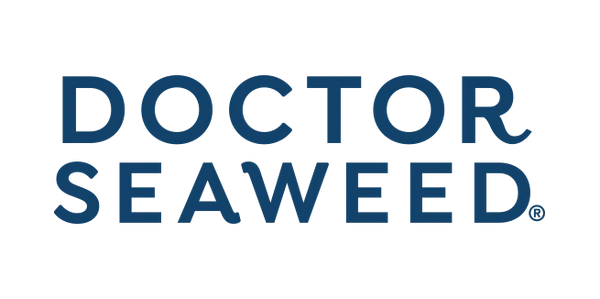Every September, thousands of people in the UK make their way to our stunning coastlines to take part in the Great British Beach Clean. This year it runs from the 16th of September right through to the 25th of September, allowing plenty of time to get involved. Read on to find out why it’s so important to keep our beaches clean, and what you can do to help.
What is the Great British Beach Clean?
The Great British Beach Clean is a citizen science event, where hundreds of volunteers up and down the UK head to their local beaches to clean them up. Everyone who participates is asked to record all the items of litter that they find in a 100m stretch. This data is used to drive conservation work and feeds into the International Coastal Clean-up.
So far, data from the event has been used to make a real positive impact on our oceans. This includes the introduction to the plastic bag charge – a policy which has resulted in a 55% drop in the number of plastic bags found on UK beaches[i]. Despite all the hard work so far, there’s still a long way to go to, with an average of 385 items of litter found per 100m stretch of beach last year.
Why are beach cleans so important?
One of the greatest dangers to marine life is litter, with an estimated 8 million tonnes entering our oceans every year. In fact, there’s so much litter at sea that it forms huge floating patches of debris, with the current largest patch covering an area twice the size of Texas[ii]. At last year’s Great British Beach Clean, 75% of all litter collected was made from plastic or polystyrene. Therefore, it comes as no surprise that of all the litter that ends up in our oceans, the majority is plastic. In fact, it’s estimated that by 2050 there’ll be more plastic in the oceans than there are fish[iii].
Plastic pollution in our oceans is a huge problem for a number of reasons. Our ocean wildlife is directly impacted by the plastic in our oceans, with thousands of seabirds, sea turtles, seals and other marine mammals getting entangled and even ingesting plastic debris. What’s more, plastic breaks down into smaller and smaller pieces, which are taken in by marine wildlife. This can have detrimental effects all the way up the food chain, as it allows plastic to build up in the bodies of the smallest animals, right up to the largest predators – including humans.

Cleaner and safer beaches
Littered beaches don’t just have an impact on marine life, they have an impact on us too. After all, our beaches are spots of beauty, there to be explored and enjoyed. Unfortunately, when they become littered and untidy, it spoils our natural treasures and makes people far less likely to visit and enjoy them.
However, litter isn’t just unsightly – it can also be dangerous. Items with sharp edges and shards of glass can easily become hidden in the sand and cause serious injuries, especially since we often have bare feet when on the beach. Cigarette butts are also commonly found littered on beaches, and although they are small, they can have a big impact. In fact, after just one hour, one cigarette butt can contaminate around 8 litres of water with toxic chemicals.
Get involved
You can have a direct impact on reducing the amount of litter on our beaches and in our oceans by getting involved in a beach clean, or even organising your own. Visit the Marine Conservation Society website for all the resources you’ll need to get involved.
If you do decide to clean up a beach near you, make sure you go prepared! Take a litter picker if you have one, or a protective pair of gloves such as gardening gloves to protect your hands from anything sharp or dirty. Stay safe by avoiding picking up anything dangerous such as needles, electrical items or things that may contain dangerous chemicals. If you’re unsure what something is – it’s best not to pick it up.

What we do
As a brand founded by a marine biologist, a love of the sea is at the heart of everything that we do. Follow us on social media (@doctorseaweed) to find out what we’re doing to help protect our oceans, and the wildlife that lives within them.

